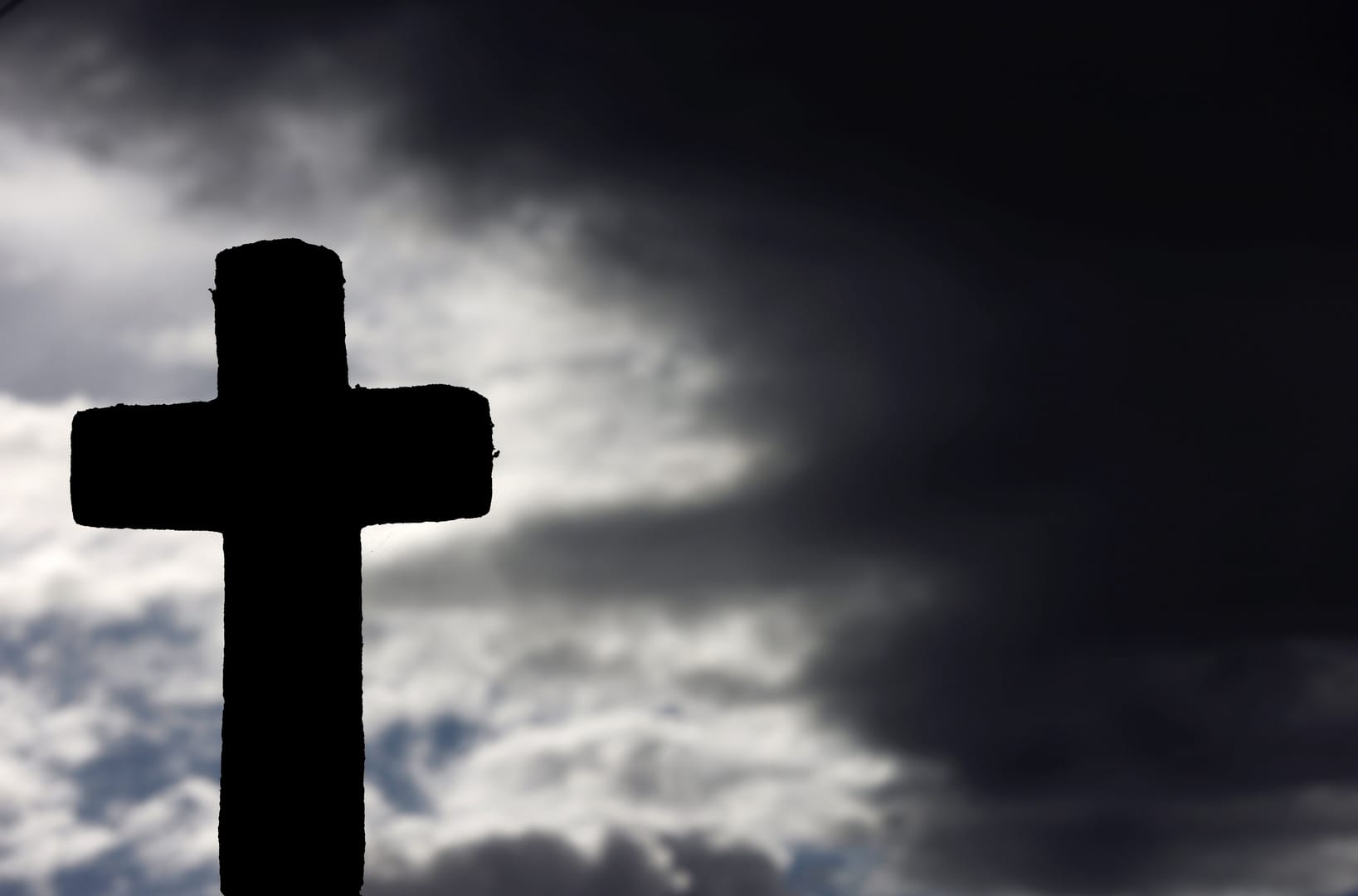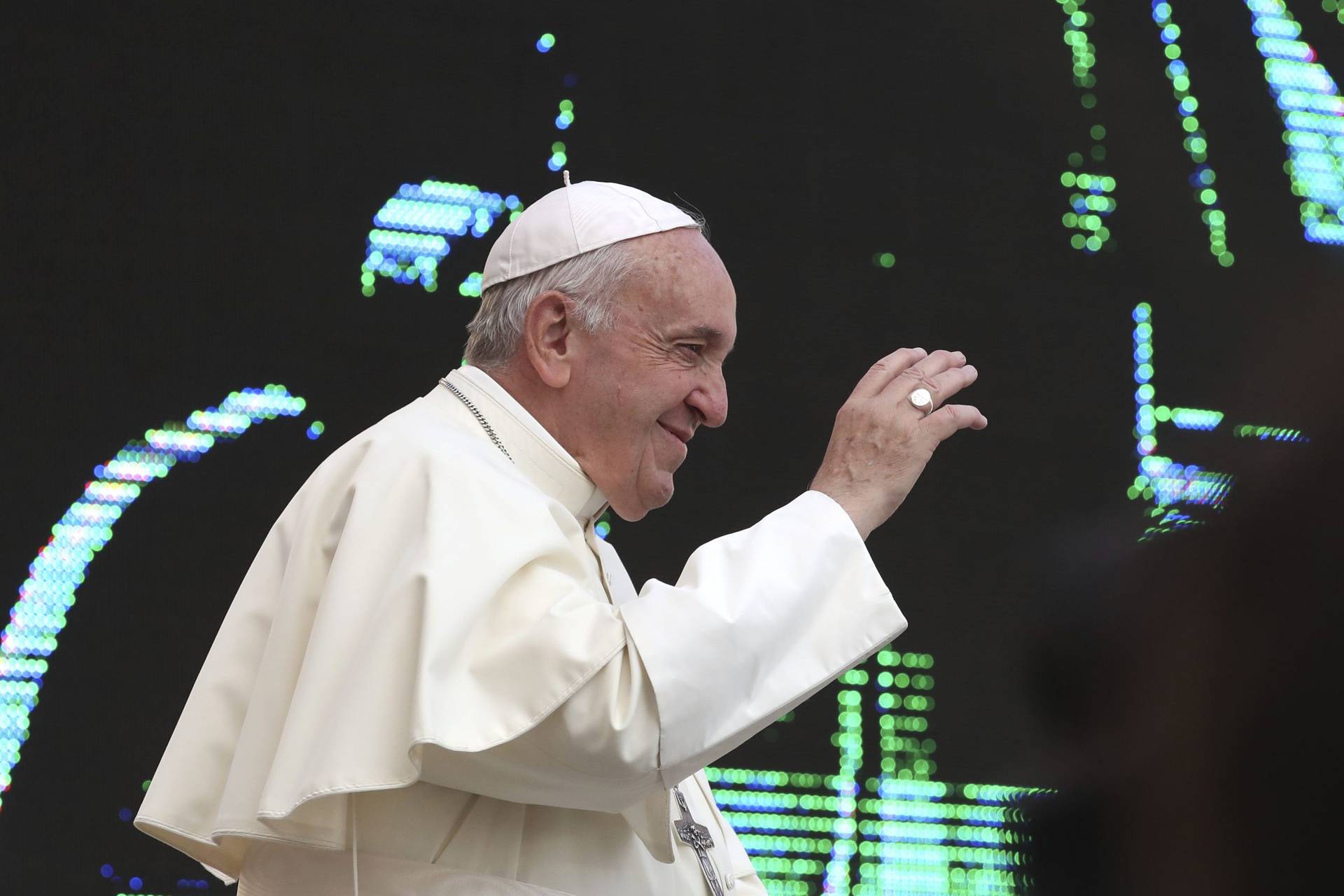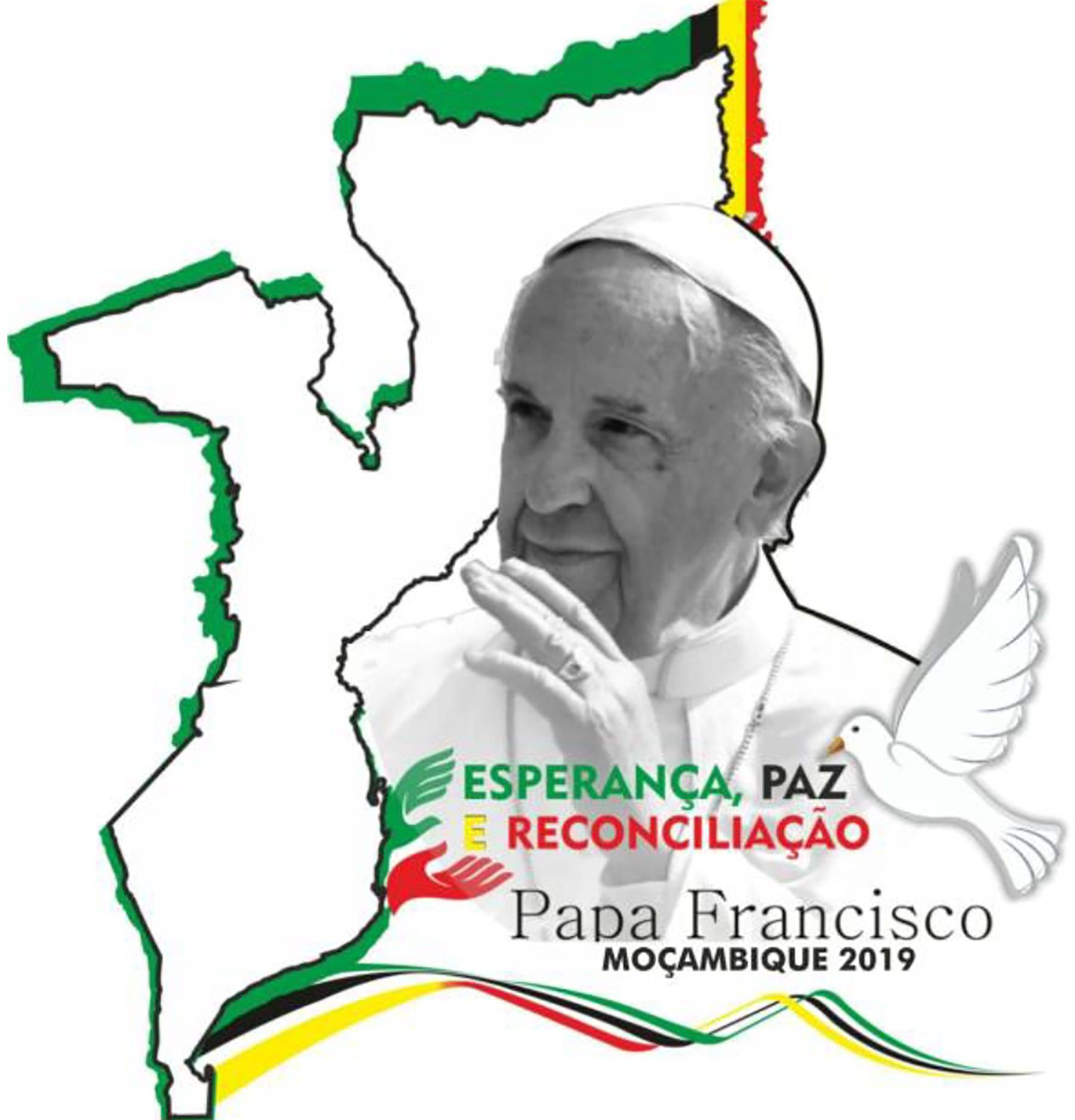DUBLIN— As had been expected, Pope Francis began his first papal visit to the Emerald Isle addressing the “grave scandal” caused by the “repugnant crimes” of sexual abuse of young people by priests and religious, saying those misdeeds have “rightly given rise to outrage.”
“The failure of ecclesiastical authorities – bishops, religious superiors, priests and others – remains a source of pain and shame for the Catholic community. I myself share those sentiments,” Francis said.
The pope referred to “efforts of the Church’s leadership both to remedy past mistakes and to adopt stringent norms meant to ensure that they do not happen again,” but did not offer any new specifics in terms of action he intends to take, for instance on the question of accountability, not just for the crime of abuse but also the cover-up.
During the first of six addresses he’s set to deliver during his 32-hour visit to Ireland, Francis also referred to the many women who’ve “endured particularly difficult situations.” Though he didn’t specify what he meant, thousands of single mothers in Ireland were coerced, and in some cases forced, to give their children to Catholic-run orphanages.
“With regard to the most vulnerable, I cannot fail to acknowledge the grave scandal caused in Ireland by the abuse of young people by members of the Church charged with responsibility for their protection and education,” Francis said.
The pope’s remarks came Saturday morning, during his address to 250 members of civil authorities, civil society and the diplomatic corps, including a delegation from Northern Ireland. The event took place in Dublin Castle, used by the Irish government for special events.
Ireland has one of the longest histories of dealing with clerical child abuse in the Catholic Church. The Irish bishops produced their first child protection guidelines in 1996, but critics charge they were inadequate for several reasons, including because the Vatican would not authorize the bishops to report the allegations to the police, and because the norms had no standing in canon law.
In 2006, after a 2005 report into sexual abuse in the Diocese of Ferns, the Irish Church instituted a National Board for Safeguarding Children. Since then, the review board has reported that from Jan. 1, 1975, some 1,259 abuse allegations have been made against 489 priests, and none of the 26 Irish dioceses were exempt.
The 2017 report, released last June, said the board had received 135 notifications of allegations, suspicions and concerns. Involved were 35 diocesan priests and 63 members of religious congregations. However, as the head of the board pointed out, with only one exception, all the alleged abusive behavior occurred before 2000.
After the initial guidelines, much has changed locally, including the recruitment of a small army of lay men and women, over 3,000 of whom that now oversee child safeguarding practices in Ireland’s 1,366 parishes.
“My predecessor, Pope Benedict, spared no words in recognizing both the gravity of the situation and in demanding that ‘truly evangelical, just and effective’ measures be taken in response to this betrayal of trust,” Francis said on Saturday. “His frank and decisive intervention continues to serve as an incentive for the efforts of the Church’s leadership both to remedy past mistakes and to adopt stringent norms meant to ensure that they do not happen again.”
The Church in Ireland, the pontiff said, has played a role in “promoting the welfare of children that cannot be obscured,” hence his hope that the “gravity of the abuse scandals, which have cast light on the failings of many, will serve to emphasize the importance of the protection of minors and vulnerable adults on the part of society as a whole.”
“In this regard, he said, “all of us are aware of how urgent it is to provide our young people with wise guidance and sound values on their journey to maturity.”
The clerical sexual abuse scandal has been revived in recent weeks not only in Ireland, but in Chile, where every bishop handed in his resignation after Francis received a written report on the gravity of the situation in the South American country, and in the U.S. with a Pennsylvania grand-jury report released last week that found 300 priests had abused 1,000 minors over the past seven decades.
Francis also touched on other issues close to his heart in his first Irish address.
“Perhaps the most disturbing challenges to our consciences in these days is the massive refugee crisis, which will not go away, and whose solution calls for a wisdom, a breadth of vision and a humanitarian concern that go far beyond short-term political decisions,” the pontiff said, in a country whch saw millions emigrate due to famine in the 1800s.
Francis then said that there’s a common humanity, the reason why the world is a “single family,” inspiring the call to unity and solidarity.
“All too often, we feel impotent before the persistent evils of racial and ethnic hatred, intractable conflicts and violent contempt for human dignity and for fundamental human rights, and the growing divide between rich and poor,” he said.
Speaking particularly about the situation in Ireland, Francis said that the imperative never to lose hope or courage to be “peacemakers, reconcilers and guardians of one another,” has a special resonance in “light of the long conflict that separated brothers and sisters of a single family.”
Here, the pope was referring to the three decades of civil unrest known as “The Troubles,” that marred Northern Ireland, divided between predominantly-Protestant Unionists, who want to remain a part of the United Kingdom, and predominantly-Catholic Nationalists, who seek a united Ireland.
A combined effort by both government and religious and civil leaders allowed for a peace deal that settled a conflict “that had caused untold pain on both sides.”
Addressing Ireland’s rapid secularization, Francis said that the Christian message has helped shape the language, thought and culture of the people of the Irish Isle. Hence, his prayer is that the nation, “in listening to the polyphony of contemporary political and social discussion, will not be forgetful of the powerful strains of the Christian message that have sustained it in the past, and can continue to do so in the future.”
In the wake of a devastating defeat for the Catholic Church in a recent referendum to legalize abortion, Francis also delivered a clear pro-life message Saturday.
The pontiff referred to a growing “throwaway culture” that has “made us indifferent to the poor and the most defenseless members of our human family, including the unborn, deprived of the very right of life.”
Francis was welcomed by Irish Prime Minister Leo Varadkar, who thanked the Catholic Church for all it’s done in the country, including providing education and healthcare at a time, and in places, where the state failed to do so.
Yet the openly gay politician, who lobbied in the two referendums that legalized gay marriage and lifted the ban on abortion, did not hold back in urging the pope to use “your office” to ensure justice is brought to victims of not only clerical sexual abuse but also other crimes committed in the Church.
“In place of Christian charity, forgiveness and compassion, far too often there was judgement, severity and cruelty, in particular, towards women and children and those on the margins,” Varadkar said.
“Magdalene Laundries, Mother and Baby Homes, industrial schools, illegal adoptions and clerical child abuse are stains on our State, our society and also the Catholic Church,” he said. “Wounds are still open and there is much to be done to bring about justice and truth and healing for victims and survivors.”
Varadkar then brought up the recent Pennsylvania report Grand Jury report on clerical abuse in six dioceses, referring ton “brutal crimes perpetrated by people within the Catholic Church” covered-up to protect the institution.
“It’s a story all too tragically familiar here in Ireland,” he said.
“There can only be zero tolerance for those who abuse innocent children or who facilitate that abuse,” Varadkar said. “We must now ensure that from words flow actions.”
Francis has a full schedule during the 32 hours he’ll be on Irish soil. He’ll pay a visit to a homeless shelter run by the Capuchins and head a festival of families in Croke Park Stadium on Saturday. On Saturday he will travel to the Shrine of Our Lady of Knock and say Mass in Phoenix Park.
Inés San Martín is travelling with the pope in Ireland. You can find more of her coverage in Twitter at @inesanma.














